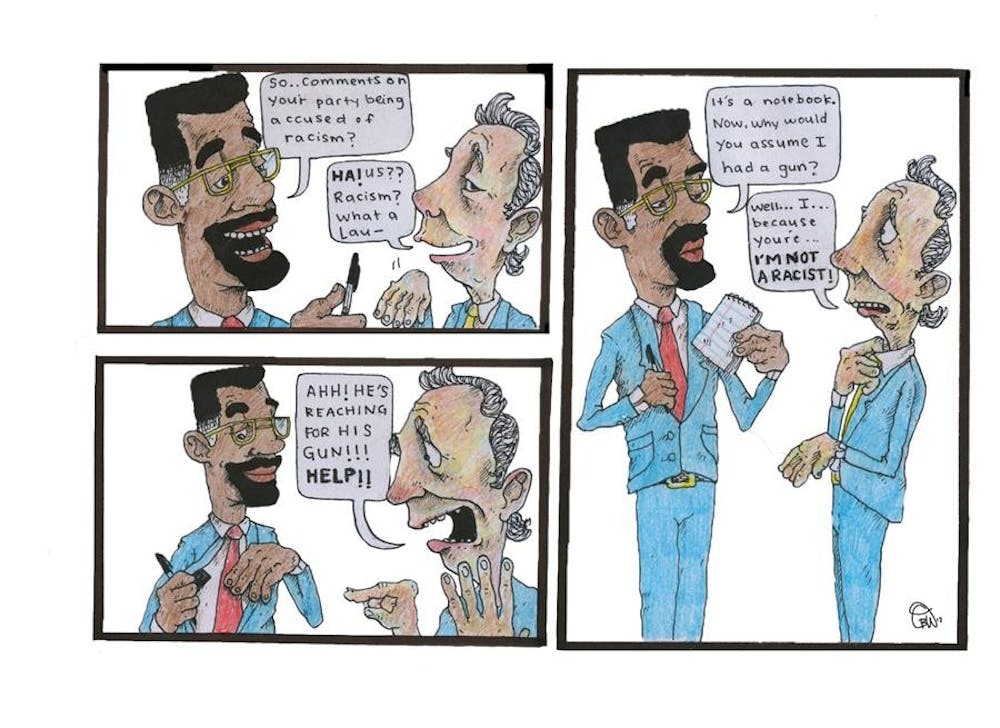When questioned in the FOX-sponsored MLK Day debate by African-American correspondent Juan Williams about his questionable “food stamp president” moniker for Obama and controversial claims about the lazy, misguided youth of the inner cities, Republican presidential contender Newt Gingrich — never known to be one for subtlety — addressed Pulitzer prize winner Williams as “Juan” and stood by his racially-charged words.
The South Carolina crowd went wild.
Beneath Gingrich’s unsavory oratory lies obvious indications of racism.
In 2011, welfare accounted for 13 percent of total federal spending, as opposed to the 25 percent spent on defense and the 23 percent spent on health care.
Of that, the Supplemental Nutrition Assistance Program, which provides food stamps to individuals and families with income levels below, at or near the poverty line, accounts for only a fraction of welfare spending overall.
With so many more pressing issues such as the war, health care and immigration, why would a Republican frontrunner for president choose to bring up an issue such as food stamps?
We believe that Newt, like so many other politicians before him, knows how to play to the biases and prejudices of the audience he speaks to: in this case, the voters of the heavily right-leaning state of South Carolina.
Political theorist Edmund Burke once wrote, “Men who can unite on nothing else can unite on the basis of a foe shared by all.”
Newt uses those on food stamps and those growing up in the inner city, much like Reagan used the hyperbole of the nameless “welfare queen” from Chicago’s South Side, as a symbol to unite his audience against a common enemy: often a racial minority, perceived as lazy and invariably poor.
We believe, in addition to Newt’s rhetoric being racist, it is also irresponsible.
It plays to the commonly held American belief that if you are poor, you are lazy and misguided, but if you are rich, you are shrewd and hardworking.
Never mind the privileges, advantages, talent and luck that play a role in the shaping of a financially successful individual and the enormous barriers that often separate those less fortunate from living out their dreams.
There are indeed intelligent, ambitious, rich Americans who have worked their way up and made comfortable lives for themselves.
But there are also those who cannot achieve all they want to, based on what neighborhood they grew up in, what school they went to or what language or dialect they grew up speaking.
The factors that determine whether a person will be rich or poor are vast.
The rhetoric utilized by Gingrich, whether blatantly or covertly, blames the poor for the country’s problems, paints a dangerously simplistic view of class in America and fails to acknowledge more pertinent issues.
We think that if Newt hopes to gain the Republican nomination and extend his successes beyond the Deep South, he should leave his outdated rhetorical strategies to the Reagan era and instead focus on the real problems facing the country.
Gingrich and the rhetoric of blame

Get stories like this in your inbox
Subscribe




